Facebook Reality Labs recently unveiled the prototype, which would allow users to write or scroll on a computer screen, simply by using their brains. This is known as human-computer interaction (HCI).
"What we’re trying to do with neural interfaces is to let you control the machine directly, using the output of the peripheral nervous system – specifically the nerves outside the brain that animate your hand and finger muscles," said FRL director of neuromotor interfaces, Thomas Reardon.
The mind-reading wristband and AR keyboard would replace the traditional mouse and keyboard, thanks to electromyography (EMG).
EMG uses sensors to translate motor nerve signals that travel through the wrist to the hand into digital commands that control the functions of a computer or device.
Wearable to replace keyboard and mouse
"This is an incredible moment, setting the stage for innovation and discovery because it’s a change to the old world," said FRL research science director, Sean Keller.
The brain sends a signal to the hands and fingers, telling them to move in certain ways to type and swipe. The wrist device is capable of reading these motor signals, decoding them and translating them into digital commands for the device.
Neuralink has implanted a wireless chip into a "totally happy" monkey’s brain, allowing the animal to "play video games using his mind". Elon Musk's brain-computer interface will also let wearers stream music directly to their brains.
Facebook working on human-computer interaction
"The goal of neural interfaces is to upset this long history of human-computer interaction and start to make it so that humans now have more control over machines than they have over us," added Reardon.
"We want computing experiences where the human is the absolute center of the entire experience."
Facebook's technology could become a feature of visitor attractions, as operators are heavily investing in contactless solutions in response to COVID-19.
Images: Facebook


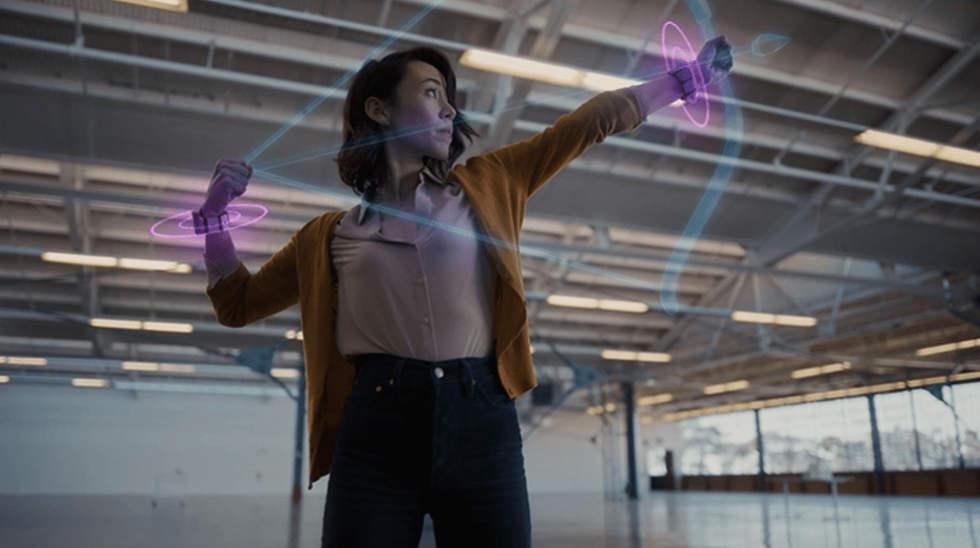
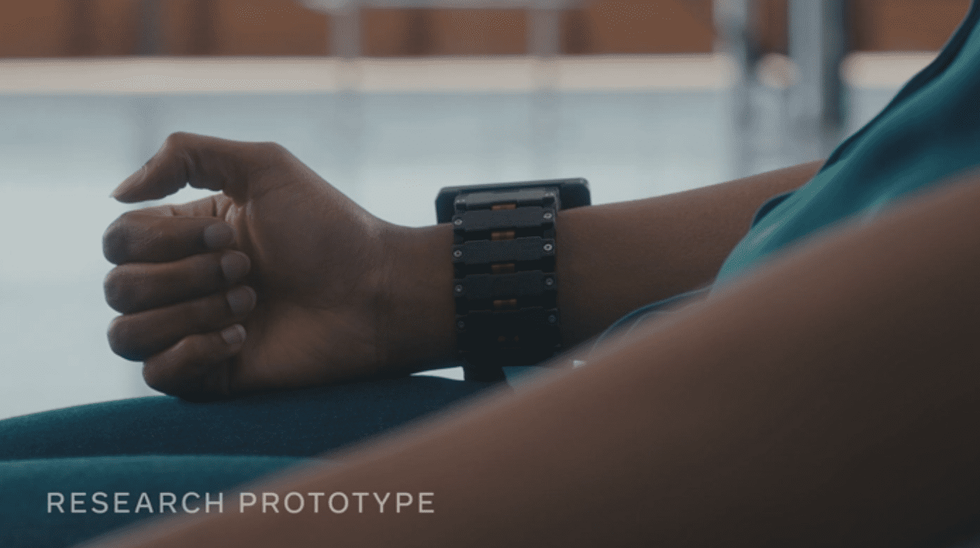



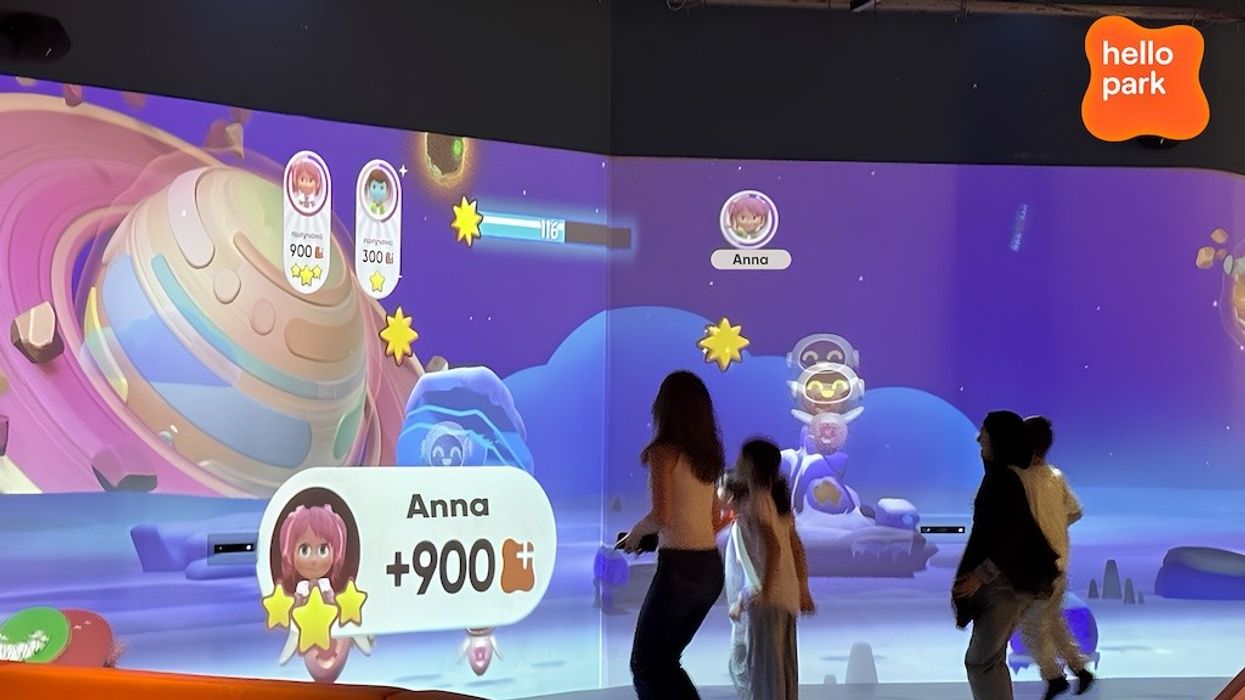

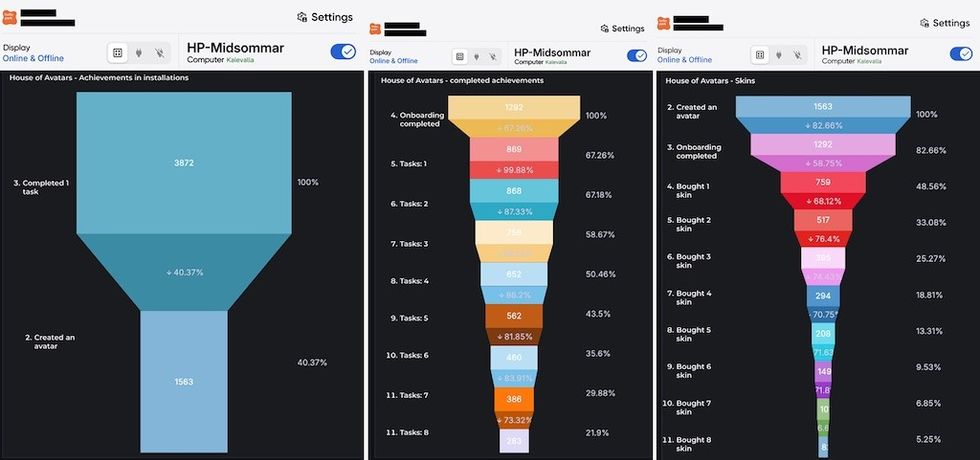






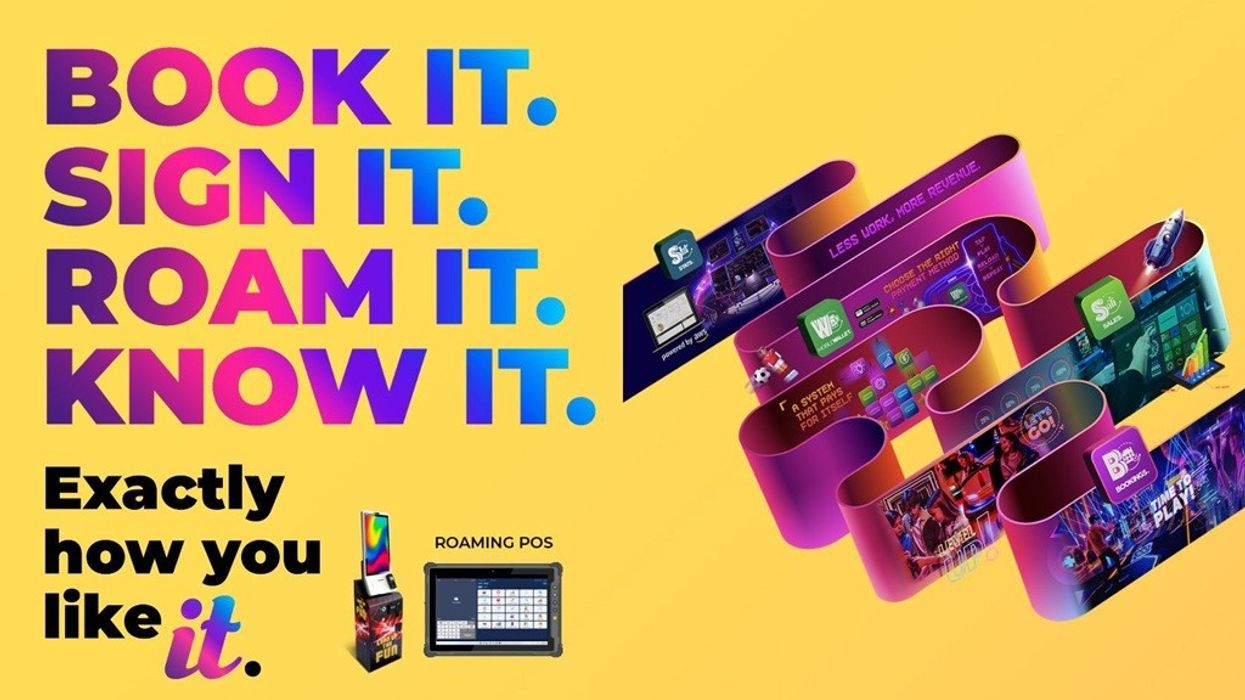
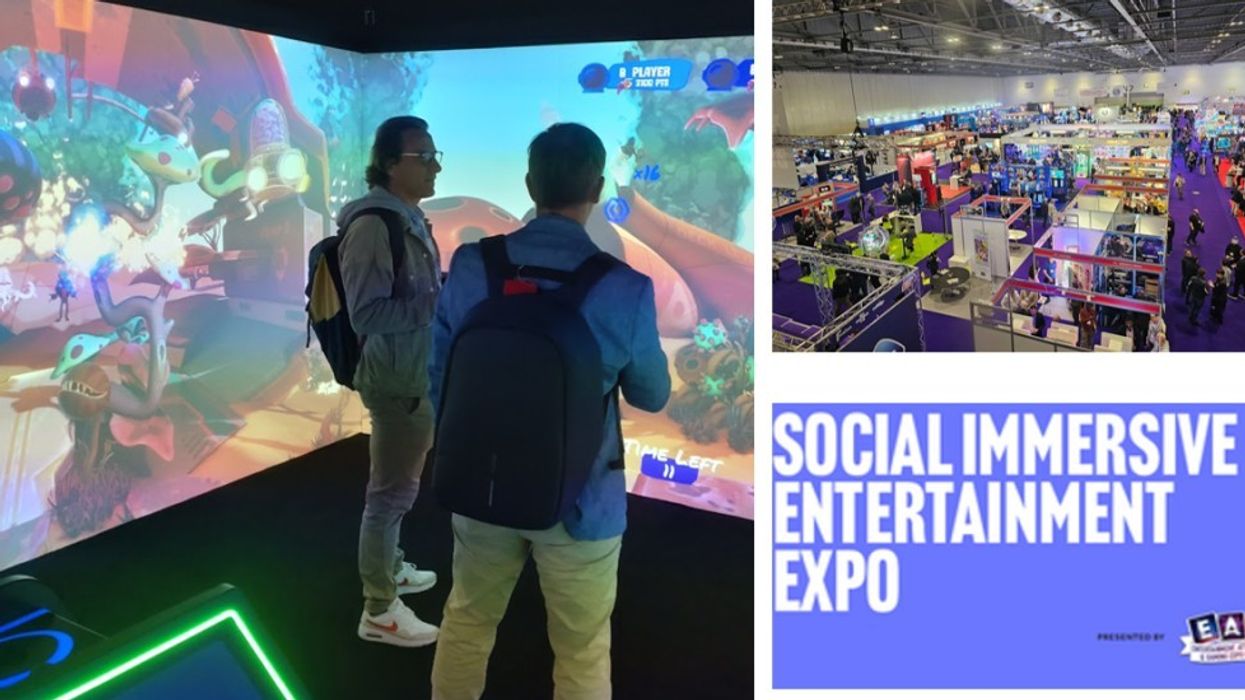
 Jade Craig
Jade Craig
